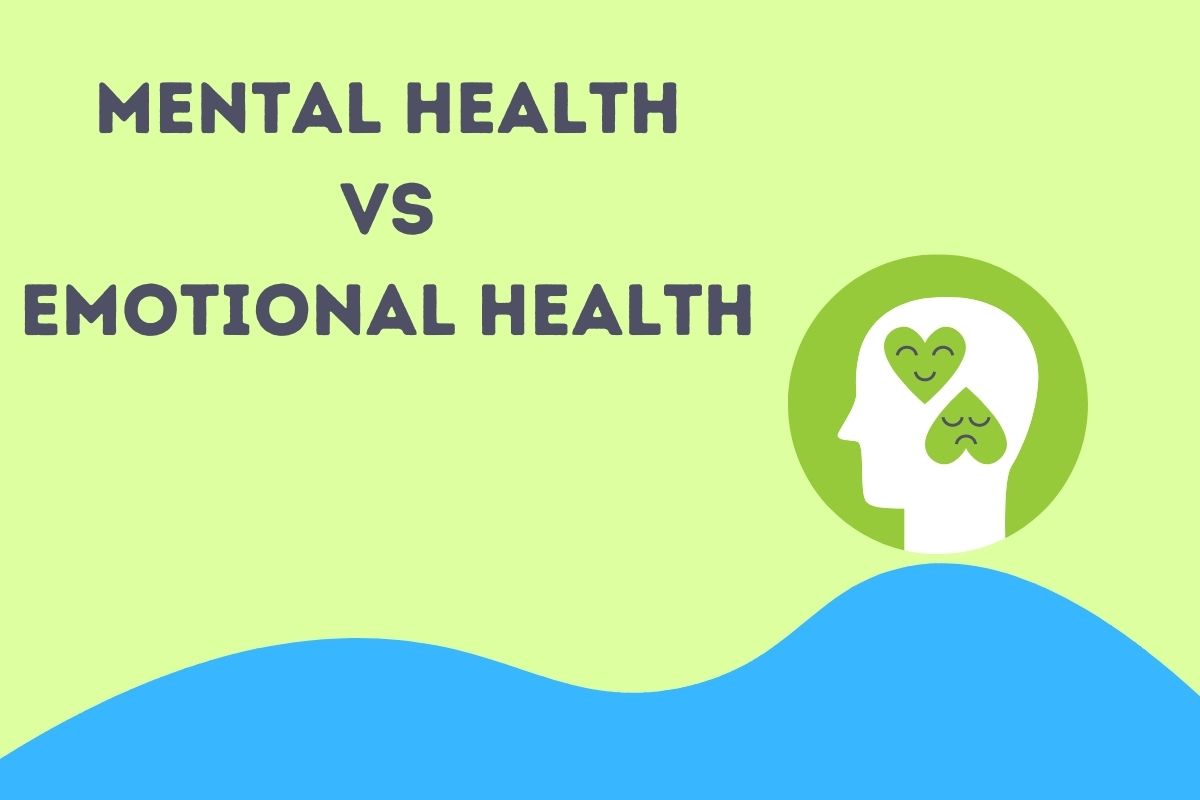Living a natural and healthy lifestyle is not just a trend but a sustainable way to enhance overall well-being. It involves nurturing the body, mind, and soul through practices like physical exercise, emotional self-care, and natural remedies. Within this journey, mental and emotional well-being plays a crucial role. This guide explores effective strategies for cultivating a balanced mind, fostering resilience, and maintaining emotional health while integrating these approaches into your daily life for a more holistic sense of well-being.
Understanding Mental and Emotional Wellbeing
True well-being goes beyond physical health, encompassing the mind's clarity and emotional equilibrium. Mental health refers to cognitive functioning, emotional regulation, and the ability to handle stress. Emotional well-being, on the other hand, is about recognizing, understanding, and managing emotions effectively. Together, they form the foundation for a fulfilling life, influencing relationships, productivity, and overall happiness.

Meditation and Mindfulness Practices
Meditation serves as a cornerstone for achieving mental clarity and emotional stability. A consistent meditation routine, even for just 10 minutes a day, can help reduce anxiety, enhance focus, and cultivate a sense of inner peace. Mindfulness, the practice of staying present in the moment without judgment, complements meditation. Techniques like mindful breathing, body scanning, and observing thoughts can transform how you respond to daily stressors, fostering emotional resilience.
The Healing Power of Nature
Spending time outdoors is a natural remedy for stress and anxiety. Nature therapy, whether it’s walking in a park, hiking through a forest, or simply sitting by a river, has been scientifically proven to lower cortisol levels and improve mood. The sights, sounds, and scents of nature provide a calming environment that helps reconnect you with the world, offering perspective and grounding. Make it a habit to dedicate some time each week to immersing yourself in natural surroundings to enhance mental and emotional health.
Journaling for Emotional Clarity
Writing down your thoughts and feelings in a journal is a simple yet powerful tool for managing emotions. A gratitude journal, in particular, can shift your focus to the positive aspects of life, fostering an optimistic outlook. Journaling also serves as an outlet to process challenging emotions, helping to identify triggers and patterns. Over time, this practice builds emotional intelligence and self-awareness, essential components of emotional well-being.
Building and Sustaining Healthy Relationships
The quality of your relationships significantly impacts emotional health. Surrounding yourself with supportive, positive individuals fosters a sense of belonging and security. Strong relationships are built on open communication, empathy, and mutual respect. Take the time to nurture these bonds by actively listening, expressing appreciation, and resolving conflicts constructively. When challenges arise, seeking guidance from trusted friends or professionals can provide valuable insights and strengthen your emotional resilience.
Professional Support and Therapy
There’s no shame in seeking professional help when managing mental or emotional difficulties becomes overwhelming. Therapy and counseling offer structured approaches to understand and cope with stress, anxiety, or trauma. Techniques like cognitive-behavioral therapy (CBT) and mindfulness-based stress reduction (MBSR) can empower you with tools to navigate life’s complexities. Remember, prioritizing mental health is a sign of strength and self-care, not weakness.
Lifestyle Habits to Support Mental Health
Your lifestyle choices have a profound impact on mental and emotional well-being. Adequate sleep is fundamental, as it allows your brain to process emotions and recharge for the day ahead. Aim for seven to nine hours of quality sleep each night by maintaining a consistent sleep schedule and creating a calming bedtime routine. Nutrition also plays a key role; a balanced diet rich in omega-3 fatty acids, antioxidants, and whole foods supports cognitive function and mood stability. Regular physical activity further enhances mental health by releasing endorphins, reducing stress, and boosting self-confidence.
Embracing a Holistic Approach
Mental and emotional wellbeing is not an isolated aspect of health but deeply interconnected with physical and spiritual dimensions. Practices like yoga, breathwork, and meditation create harmony between these elements, offering a comprehensive approach to wellness. Integrating natural remedies, such as aromatherapy with lavender for relaxation or herbal teas like chamomile for calming effects, can enhance your emotional balance.
Conclusion
Mental and emotional well-being is the cornerstone of a fulfilling and balanced life. By prioritizing mindfulness, connecting with nature, fostering strong relationships, and adopting supportive lifestyle habits, you can build a resilient mind and heart. These practices not only help manage daily stressors but also enhance your overall quality of life, paving the way for a more harmonious existence. Begin your journey towards holistic health today and experience the transformative power of nurturing your mental and emotional well-being.


